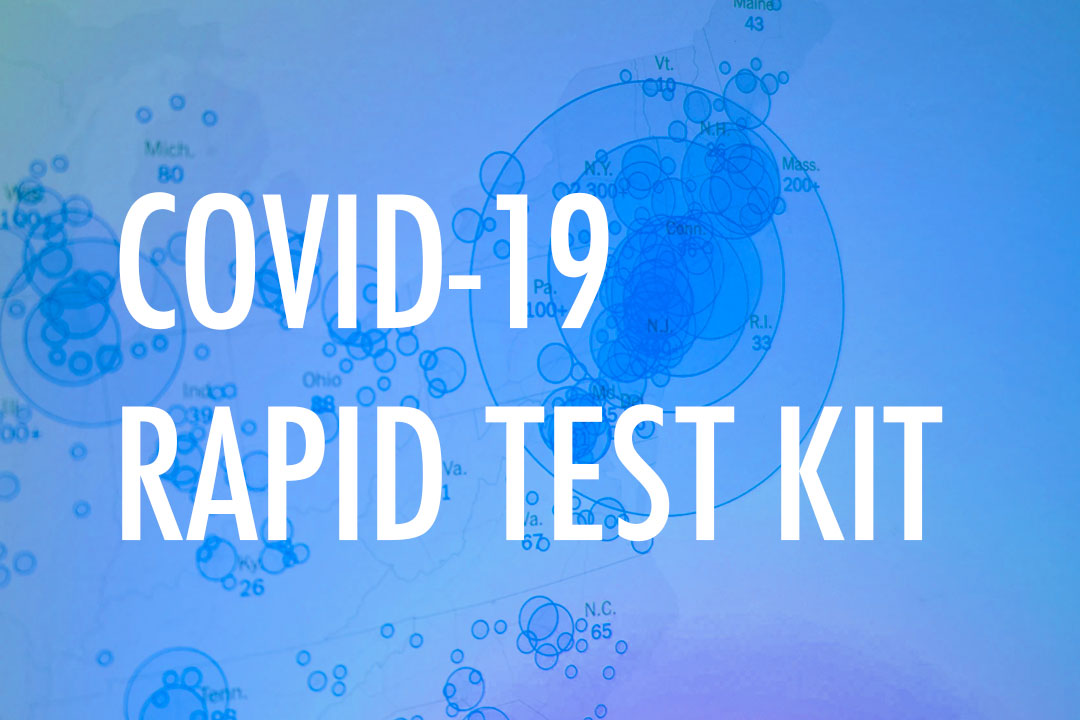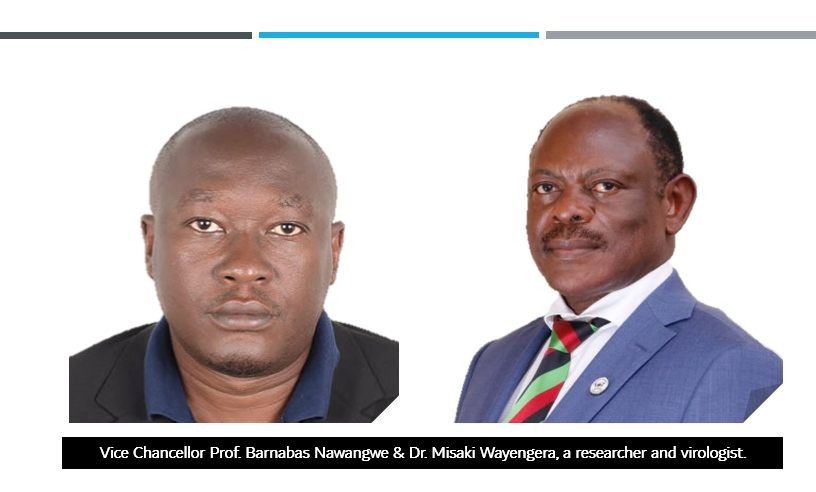
Makerere University is in advanced stages of developing much cheaper and faster test kits that will not need a laboratory like the existing test kits.
The full development and production is expected to conclude by end of May, 2020 when the first antibody test kits will be out. Meanwhile, the first rapid test kit for COVID19 is expected in June 2020.
According to the Vice Chancellor Professor Barnabas Nawangwe, researcher and virologist, Dr. Misaki Wayengera is leading the research into the cheaper tests that will take just five minutes to yield COVID-19 results.
The home-grown coronavirus swab test is among the recent innovations that researchers at Makerere University researchers have developed in response to the COVID-19 pandemic.
This kit, once out will enable rapid testing for coronavirus and considerably lower the cost of testing currently standing at USD 65, which is obviously prohibitive for developing countries like Uganda.
Diagnosis is a key strategy in pandemic control, enabling early detection of those infections and their isolation for treatment.
However, since COVID19 pandemic outbreak, diagnosis has been problematic arising out of the global scarcity of the existing World Health Organization (WHO) approved test kits.
This website understands that the existing WHO approved kits for CoVID19 are premised on a Reverse transcription polymerase chain reaction (RT-PCR— a rapid, sensitive and reliable method for virus detection. This kit however is itself an expensive costing over US$65 per kit, (approximately Ugx. 245,000), requires a laboratory, demands technical expertise, and takes long (usually between 4-6 hours) to yield results.
This makes it not reliable for point of care deployment in remote equatorial African settings, most without laboratory capacity.

What Makerere is Doing
Over the past 15 years, the University has through its College of Health Sciences (MakCHS) built extensive expertise, experience and eco-systems across the academia, industry and public private partnerships for Research & Development of pathogen diagnostics
“We are developing an affordable (costing less than US$1), easy to use (requiring minimal expertise, user guide), rapid (yielding results within 2-5 minutes) Point of Care test platform for COVID19 suited for use within remote equatorial African settings,” says Professor Nawangwe.
This kit involves using a swab-tube dipstick to do an antigen test by use of a nasal sample. With this quick test, once the nasopharyngeal sample is obtained, it’s placed back into its tube containing reagents that detect the virus surface protein.
“On shaking, a positive result will be visualized as formation of particles (equivalent to what is seen when clear milk goes bad). In addition, we shall develop two lateral flow test (LFT) platforms for detecting host-specific antibody responses against CoVID19 (IgM and IgG),” he told the press.
This kit will carry out an antibody test, also known as a "serological test". It will also be used in early detection of COVID19 cases within epidemic/pandemic settings, used in screening of travelers for COVID19, detection of asymptomatic COVID19 as well as aid in Sero-prevalence studies to determine previous exposure.
This development comes at an opportune time when officials are struggling to have timely tests and confirmation for truck drivers who have become the country’s new biggest threat since positive cases are set to continue with their journeys as they await results from UVRI.
Makerere is hopeful that home-grown assay platforms such as this will enable Uganda and other African settings to cost-effectively respond to the COVID19 pandemic.
This particularly as the pandemic enters the exponential phase in many countries when many cases will emerge, and yet tests are scarce on the global scene.

